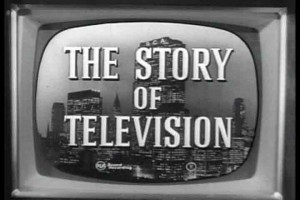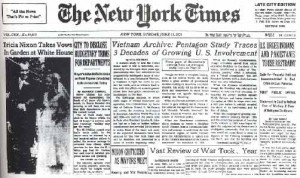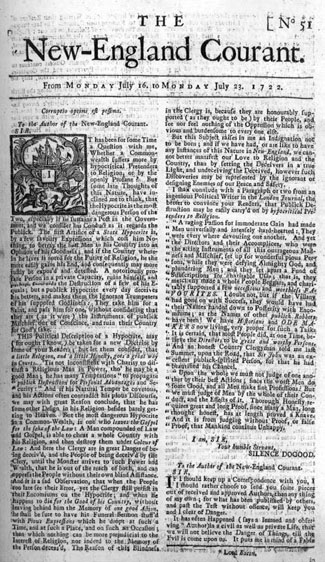Propoganda is generally thought of as the comic-like posters on city walls or public service announcements that have been left behind in mid-20th century antiquity. However, all one must do to realize that propaganda is alive and well is turn on their television, especially during election season.
It’s presence is ubiquitous: before practically every Youtube video, in the commercials segmenting your favorite shows, and slapped on the back of opinionated individuals’ cars. Every fall during election season can be remembered as a flurry of mud-slinging and finger pointing.
These advertisements are filled with attacks on the opponent’s credibility mixed with praise for the belligerent’s own, and no attack goes unanswered by the other side. For many voters, this back-and-forth exchange can be overwhelming.
So with such equally feverish attacks by both sides, how does one know who is telling the truth?
Thanks to the internet, there are now organizations and websites dedicated to helping sift through the vitriolic sludge churned up by television advertisements and debates and find out when a candidate (or any public official) is speaking the truth or just running their mouth.
FactCheck and PolitiFact are two popular options, and they can be accessed by anyone, no membership or fees required. Yet even with organizations like these that help clear up misconceptions about what politicians say, it is worthwhile to look into the sources of funding for these organizations and who writes them.
Ultimately, it is up to the individual to do their own research on the issues to form their own stance. It is crucial that voters be swayed not by advertising campaigns or incendiary language, but by the substance behind each candidate.











